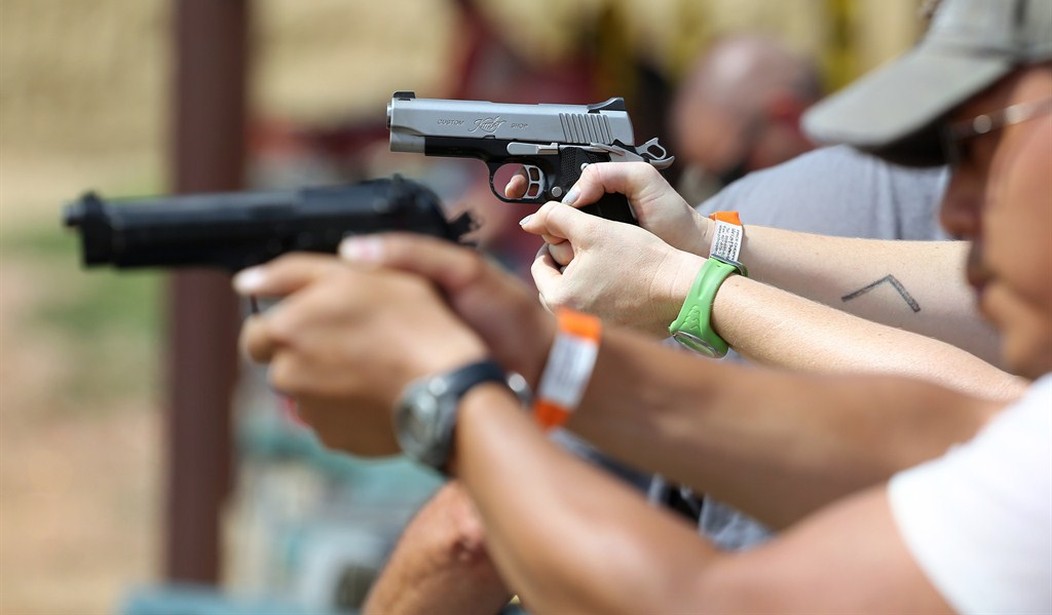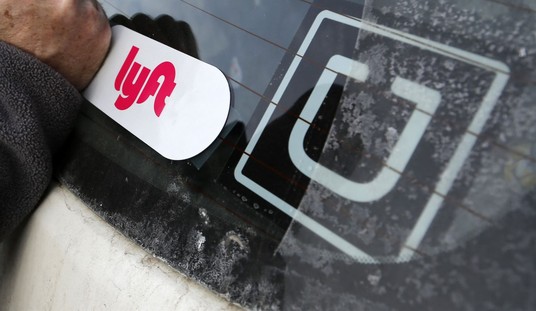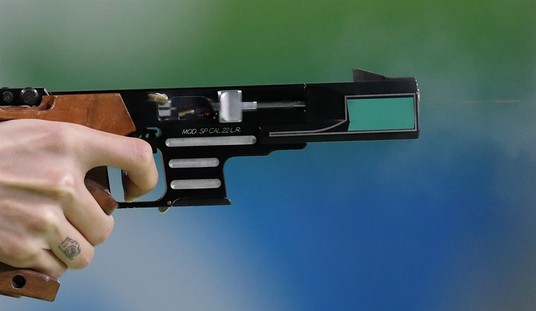In the immediate aftermath of the Civil War, several southern states imposed Black Codes on newly freed slaves that, among other things, prohibited them from keeping and bearing arms. When the Fourteenth Amendment was ratified and the federal government was empowered to protect individual rights from unconstitutional actions from state and local governments, most of the racially explicit provisions were done away with, only to be replaced with race-neutral statutes that would still be enforced disproportionately against freedmen.
In modern times a similar strategy has taken root among anti-gunners, particularly when it comes to gun stores and ranges. Instead of banning them outright, which most courts would agree is unconstitutional, gun control fans are using zoning laws to accomplish the same goal; confining gun stores and ranges to undesirable parts of town or even limiting them to a few square blocks where no real estate is available for businesses to use.
The City Council in Peterborough, New Hampshire adopted that approach in 2019 when it adopted an ordinance banning any new outdoor ranges inside the city limits. In theory, the ordinance shouldn't have impacted existing outdoor ranges like the one at Monadnock Rod and Gun Club, but when club officials wanted to build a new range oriented from east to west to replace an existing north-south range, they were informed that they'd have to be granted an exception to the ordinance, which the town refused to give.
The gun club then sued the town, and a lower court judge upheld Peterborough's requirement. On Wednesday, however, the New Hampshire Supreme Court heard oral arguments in the case, and at least one judge was vocally skeptical about the town's arguments.
Per court documents, Peterborough officials have argued that the shooting range is a firearms business, which therefore gives the town the ability to pass zoning ordinances regulating it. RSA 159:26, the 2011 state law the town ordinance rests upon, allows towns to “adopt zoning ordinances for the purpose of regulating firearms or knives businesses in the same manner as other businesses.”
However, RSA 159-B, a separate state law passed in 2004, regulates shooting ranges. [Chief Justice Gordon] MacDonald suggested that shooting ranges would be subject to 159-B and not be defined as a firearms business under 159:26.
“It does seem since the Legislature has separately regulated shooting ranges, that it would be … subject to that specific statute,” he said.
Kelly Dowd, the club’s attorney, agreed and argued that the firearms business definition in 159:26 follows a strict federal definition.
“The statute … opens up by saying, ‘To the extent consistent with federal law,’ and we have a very strict federal definition of what being in the business of firearms is, and it’s clear that a shooting range is not engaged in that business,” Dowd said. “And so, we were astounded that the trial court didn’t consider that.”
Attorney Ali Gennaro, representing Peterborough, argued instead that the court should use a “plain and ordinary meaning” for the term “firearms business,” which would include a shooting range.
MacDonald questioned that argument.
“My difficulty is … the very next chapter, which separately regulates shooting ranges,” he said. “… It would seem odd that one statute incorporates, by its definition, what is specifically dealt with in the very next chapter … It doesn’t make sense to me.”
Gennaro said it was “a fair point,” but pointed to a section in 159-B that says town ordinances cannot be applied retroactively to shooting ranges. By 159-B’s inclusion of that restriction, she argued the law therefore implied town’s could pass ordinances to regulate shooting ranges.
“It expressly states that … town ordinances cannot be applied retroactively, and so that inherently implies that the municipality has the authority to regulate shooting ranges going forward,” she said.
If the state of New Hampshire has a specific section of code that deals exclusively with gun ranges, that would seem to point in favor of the gun club's position that it's not a "firearms business", especially if its activities aren't covered under the federal definition.
While it's true that the Chapter 159-B does contain a provision stating, "No administrative rule, statute, or ordinance adopted, enacted, or proposed by the state of New Hampshire or its political subdivisions shall be applied retroactively to prohibit or limit the scope of the shooting activities previously conducted at a shooting range, which was in operation prior to the adoption, enactment, enforcement, or proposal of the administrative rule, statute, or ordinance", that doesn't mean that towns like Peterborough can impose new regulations on existing ranges.
In fact, another section of the statute explicitly states that "Subsequent physical expansion of the shooting range or change in the types of firearms in use at the range shall not establish a new date of commencement of operations for the portion or portions in existence prior to the expansion for the purposes of this chapter."
Now, Monadnock Rod and Gun Club wasn't trying to expand its range. It was trying to replace it. But the intent of lawmakers is still pretty clear: changes to existing ranges does not give townships or municipalities the authority to treat them like they're new operations, as Peterborough is trying to do here.
If nothing else, this case points to the need for the legislature to adopt even stronger range protections than those currently in place. But the state Supreme Court should also be able to recognize the game that Peterborough officials are playing and put a stop to it once and for all. Town officials don't want outdoor ranges, and they're abusing state statutes to try and shut down a range that's been around since the 1940s. The law isn't on their side, and the state Supreme Court shouldn't be either.









